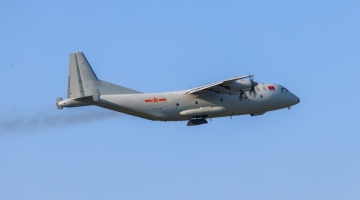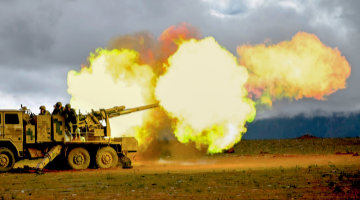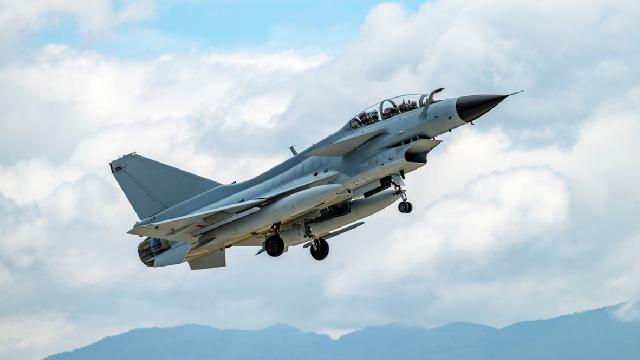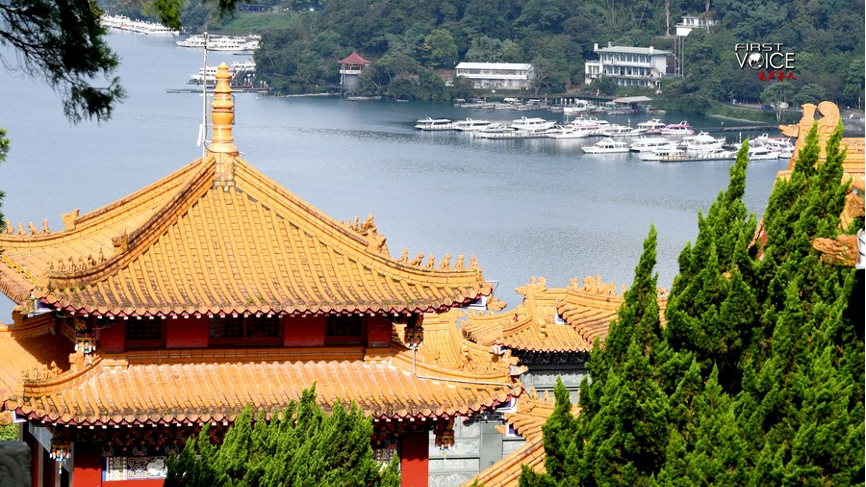
Riyue Tan, or Sun Moon Lake, a scenic spot in Nantou County, southeast China's Taiwan. /Xinhua
First Voice
In the fourth lecture of his so-called "10 lectures on unity," Taiwan leader Lai Ching-te elaborated on "defense," pledging to lift the region's "defense" budget to 3 percent of GDP. Chanting "peace" for the Taiwan people, Lai's Tuesday lecture is, in essence, war mobilization.
Lai's lecture is a glaring example of political duplicity that betrays the people on the island. Far from fostering unity and peace, Lai's speeches are a calculated attempt to advance his selfish separatist agenda. His rhetoric ignores the urgent livelihood issues facing ordinary Taiwan people, thereby exposing his true intent of relying on external forces and military means for separatism.
Lai's advocacy of "fighting for Taiwan, Penghu, Kinmen and Mazu" is an attempt to tie innocent Taiwan people to his "Taiwan independence" chariot, which will only end up with local people being sacrificed for Lai's separatist obsession.
China's firm determination to safeguard its sovereignty and territorial integrity means the military option remains on the table if Lai insists on pursuing his separatist ambitions.
"We have the firm will, strong determination, and powerful capability to safeguard national sovereignty and territorial integrity, and to crush all separatist plots," Chen Binhua, spokesperson for the Taiwan Affairs Office of the State Council, said on Wednesday.
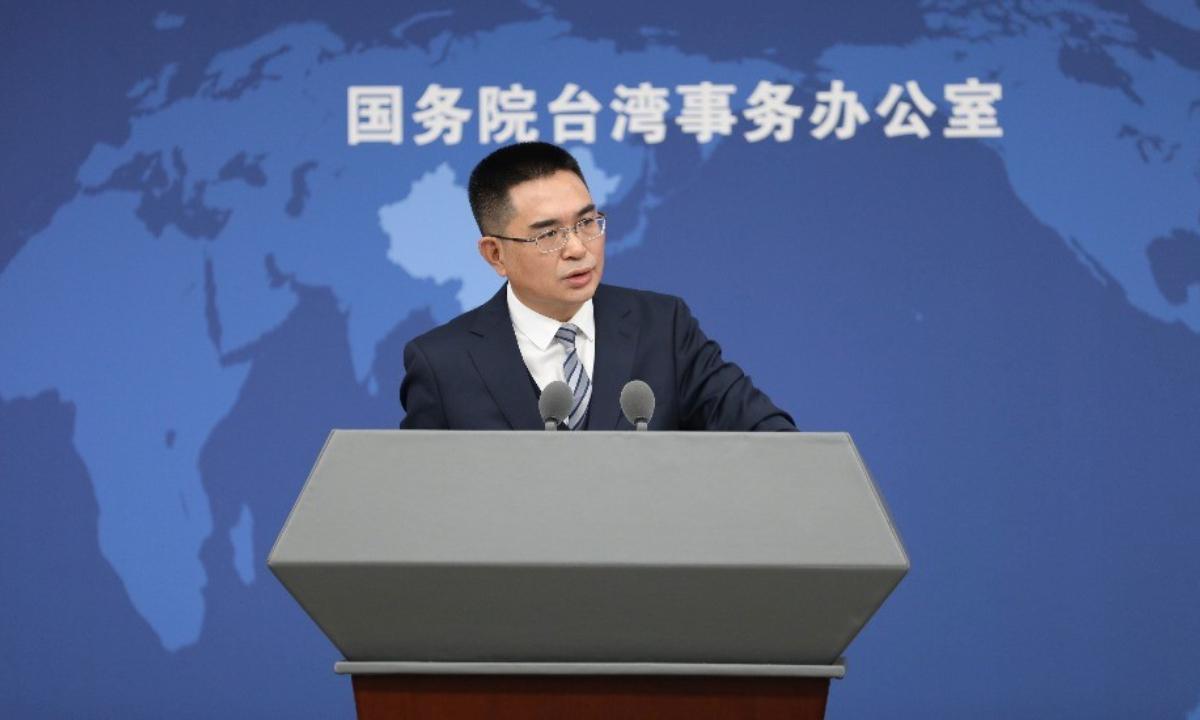
Chen Binhua, a spokesperson of the Taiwan Affairs Office of the State Council. /Taiwan Affairs Office of the State Council
True, Lai is seeking exterior "support." In his speech, Lai repeatedly vowed to "stand with democratic countries," showing "allegiance" in exchange for so-called "protection" from external forces.
But the reality bites. Perhaps Lai should be reminded of the clash between U.S. President Donald Trump and his Ukrainian counterpart, Volodymyr Zelenskyy. And don't forget, Ukraine is a sovereign state with a seat in the United Nations. At the same time, Taiwan representatives were expelled "from the place which they unlawfully occupy at the United Nations and in all the organizations related to it" by UN Resolution 2758 in 1971.
Lai's so-called declaration of "standing with democratic countries" is actually a way to pay protection fees and offer "allegiance" in exchange for backing from external forces to push forward "Taiwan independence," said Chen.
People on the island want peace, stability, and prosperity. But Lai's so-called lectures conspicuously avoid addressing the pressing livelihood issues that affect the people of Taiwan, such as energy shortages, housing affordability, social security, and economic stability.
Instead, he focuses on abstract and divisive political themes that do nothing to improve the daily lives of residents. This reveals a profound disconnect between Lai's political priorities and the real concerns of the people he claims to represent.
Under Lai's leadership, Taiwan has faced multiple crises: major semiconductor companies, such as TSMC, are relocating operations abroad, power shortages are increasing, youth unemployment is rising, and public dissatisfaction with governance has reached new highs. Lai's failure to address these issues while obsessing over separatist rhetoric is a betrayal of his responsibility as a leader to serve the welfare of all the people of Taiwan.
As Chen warned, separatism is the greatest disaster to Taiwan. As long as "Taiwan independence" separatists exist, there will be no peace in the Taiwan Straits. If Lai is sincere in "fighting for Taiwan, Penghu, Kinmen and Mazu," he should at least abandon his separatist agenda.
Unity cannot be achieved through lies, historical revisionism, and political manipulation. It requires respect for truth, adherence to legal norms, and a genuine commitment to the welfare of all people on the island. Lai's so-called lectures fail on all these counts, exposing him as a crisis-maker and saboteur of peace rather than a unifier. His "unity" campaign is ironically driving Taiwan further apart, not bringing it together.











